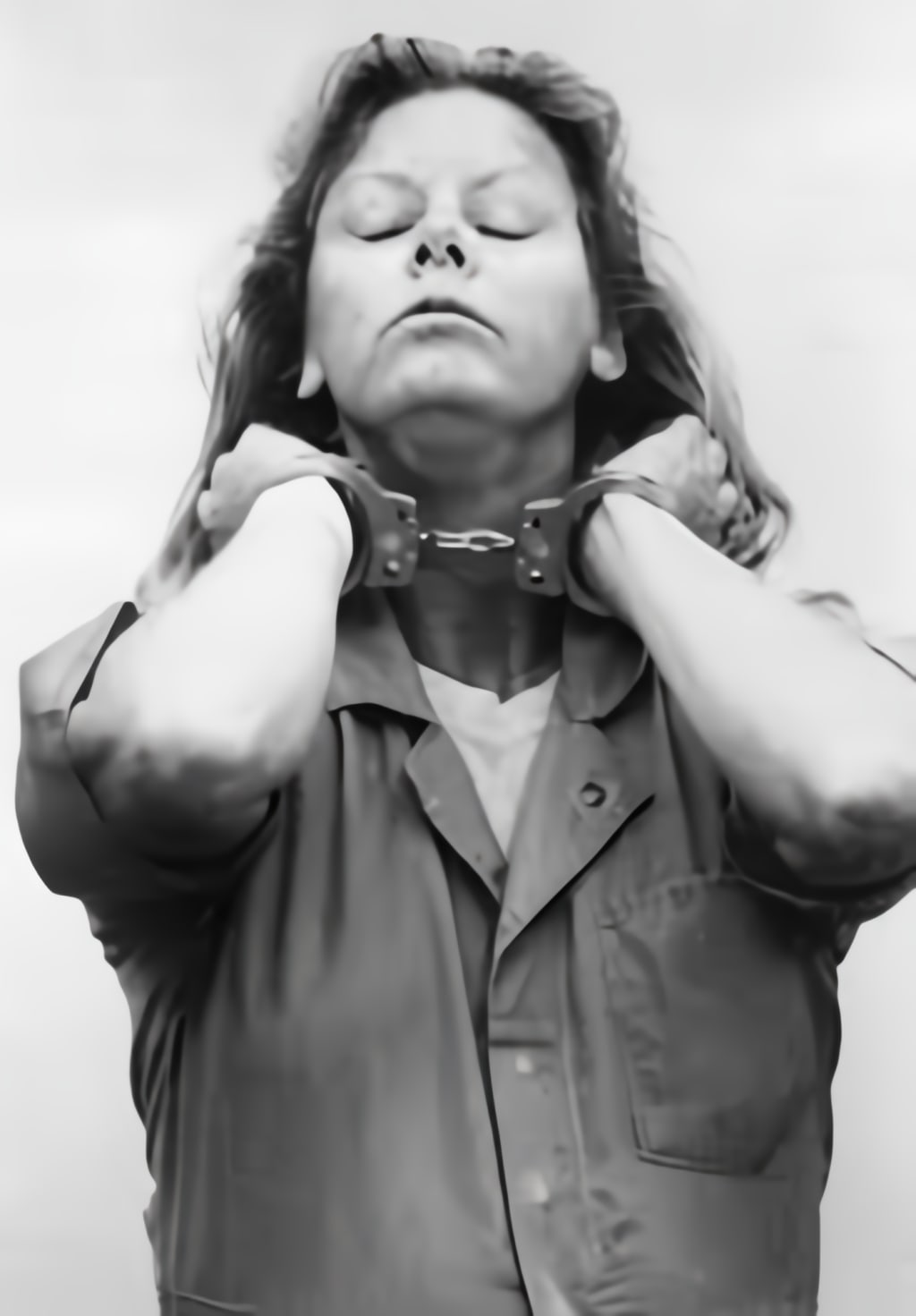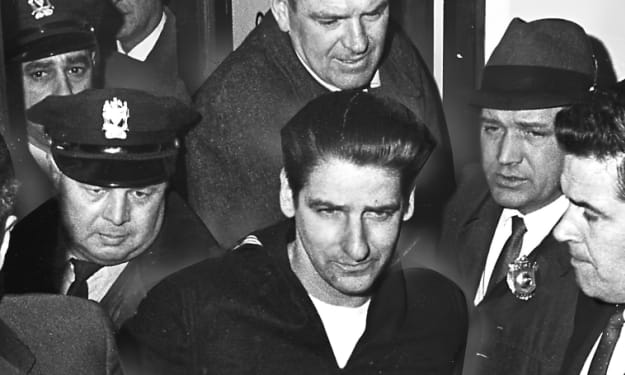
Do you know who Aileen Wuornos was? Have you heard of her infamous killing spree that shocked America in the late 1980s and early 1990s? Do you think she was a cold-blooded murderer or a victim of abuse and trauma? What can we learn from her case about the intersections of gender, class, race, and justice in our society?
In this blog, we will delve into the life and crimes of Aileen Wuornos, who was convicted of killing seven men in Florida between 1989 and 1990 and sentenced to death by lethal injection. We will examine the evidence and testimonies that emerged from her trials, appeals, and media coverage, and we will try to make sense of the complex factors that may have influenced her actions and fate.
Before we begin, let us provide some background information about Aileen Wuornos. She was born on February 29, 1956, in Rochester, Michigan, to Diane Wuornos and Leo Pittman, who were both teenagers and unmarried. Aileen never knew her father, who was a convicted sex offender and later committed suicide in prison, and she had a troubled relationship with her mother, who abandoned her and her brother Keith when they were young. Aileen and Keith were raised by their maternal grandparents, who were strict and abusive. Aileen had a traumatic childhood marked by poverty, neglect, and sexual abuse, and she dropped out of school at the age of 14. She became pregnant at 15 and gave birth to a son, whom she gave up for adoption. She then lived on the streets, worked as a sex worker, and got involved in drugs, alcohol, and crime.
Aileen Wuornos's first known murder occurred on November 30, 1989, when she shot and killed Richard Mallory, a 51-year-old electronics store owner and convicted rapist, in a remote wooded area near Daytona Beach. Aileen claimed that she acted in self-defense, as Mallory had raped and tortured her, but the evidence suggested otherwise. Aileen stole Mallory's car and dumped his body in a ditch, where it was found two days later.
Aileen then fled to Florida, where she met and fell in love with Tyria Moore, a hotel maid who became her girlfriend and accomplice. Together, they embarked on a killing spree that lasted for several months and claimed the lives of six more men, who were all shot and left in secluded spots. Aileen and Tyria used the stolen cars and belongings of their victims to finance their nomadic lifestyle, but their luck ran out when their last victim's car was traced to them and they were arrested in January 1991.
During her trials, Aileen Wuornos claimed that she had killed the men in self-defense or in fear of being raped or robbed, and that she had suffered from a lifetime of abuse and trauma that had made her paranoid and suicidal. She also accused the police and prosecutors of bias and misconduct, as they had portrayed her as a cold-blooded killer and ignored her claims of abuse and mental illness. However, the evidence and testimonies presented in court painted a more complex picture of her motivations and actions. The forensic evidence showed that some of her victims had been shot in the back, indicating that they were fleeing or surrendering, and that none of them had posed an imminent threat to her.
The testimonies of her acquaintances and relatives revealed that she had a history of lying, stealing, and violence, and that she had often boasted of killing men and getting away with it. The psychiatric evaluations of her mental state showed that she had a borderline personality disorder and a substance abuse disorder, but that she was not legally insane or unable to control her behavior. Moreover, the media coverage of her case fueled public fascination and horror, portraying her as a monster or a femme fatale, and ignoring the systemic factors that may have contributed to her crimes.
Aileen Wuornos was convicted of six counts of first-degree murder and sentenced to death in 1992. Her appeals and petitions for clemency were rejected by the courts and the governor, and she was executed by lethal injection on October 9, 2002, at the age of 46. Her case remains controversial and debated, as some people view her as a victim of abuse, trauma, and injustice, while others see her as a calculating and remorseless killer who deserved her punishment.
What can we learn from Aileen Wuornos's case? First, we can learn that the intersection of gender, class, and race can shape a person's life chances and vulnerabilities. Aileen Wuornos was born into poverty, abuse, and neglect, and faced discrimination and violence as a woman and a sex worker. She had few resources or options to escape her situation, and resorted to crime and violence as a means of survival and revenge.
Second, we can learn that mental illness and trauma can affect a person's judgment and behavior, but do not excuse or justify their crimes. Aileen Wuornos suffered from multiple disorders and traumas, but she also made choices and acted on them. Third, we can learn that the justice system can be flawed and biased, and that the media can distort and sensationalize a case. Aileen Wuornos may have been denied a fair trial or adequate defense, and her story may have been distorted and exploited by the media for profit and entertainment.
In conclusion, Aileen Wuornos's case is a tragic and complex example of how social, psychological, and legal factors can intersect and produce violence and injustice. While we cannot fully understand or excuse her crimes, we can try to empathize with her struggles and address the structural issues that contributed to them. We can also reflect on the limits and potentials of our justice system and our media, and strive to create a more just and humane society for all.





Comments
There are no comments for this story
Be the first to respond and start the conversation.